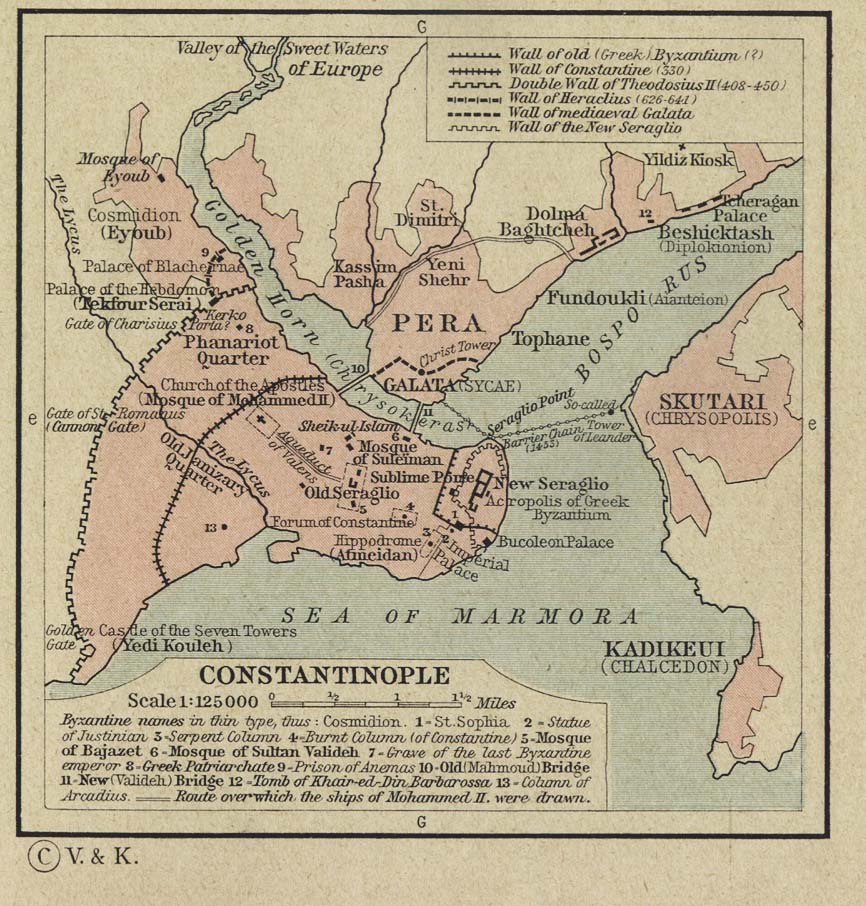Capitals, change of
The Decline and Fall of the Roman Empire, By Edward Gibbon
"The decay of Rome has been frequently ascribed to the translation of the seat of empire; but this history has already shewn that the powers of government were divided rather than removed. The throne of Constantinople was erected in the East; while the West was still possessed by a series of emperors who held their residence in Italy and claimed their equal inheritance of the legions and provinces. This dangerous novelty impaired the strength, and fomented the vices, of a double reign; the instruments of an oppressive and arbitrary system were multiplied; and a vain emulation of luxury, not of merit, was introduced and supported between the degenerate successors of Theodosius. Extreme distress, which unites the virtue of a free people, embitters the factions of a declining monarchy. The hostile favourites of Arcadius and Honorius betrayed the republic to its common enemies; and the Byzantine court beheld with indifference, perhaps with pleasure, the disgrace of Rome, the misfortunes of Italy, and the loss of the West. Under the succeeding reigns, the alliance of the two empires was restored; but the aid of the Oriental Romans was tardy, doubtful, and ineffectual; and the national schism of the Greeks and Latins was enlarged by the perpetual difference of language and manners, of interest, and even of religion. Yet the salutary event approved in some measure the judgment of Constantine. During a long period of decay, his impregnable city repelled the victorious armies of Barbarians, protected the wealth of Asia, and commanded, both in peace and war, the important straits which connect the Euxine and Mediterranean seas. The foundation of Constantinople more essentially contributed to the preservation of the East than to the ruin of the West.
